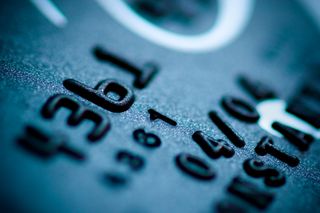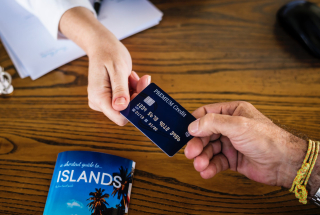 When people die, their assets (cash, real property, investments, savings, car and so on) become the property of their estates. And each estate is obliged to pay all debts, costs, taxes and other liabilities due before it distributes what's left over, according to the deceased's wishes, to the beneficiary or beneficiaries.
When people die, their assets (cash, real property, investments, savings, car and so on) become the property of their estates. And each estate is obliged to pay all debts, costs, taxes and other liabilities due before it distributes what's left over, according to the deceased's wishes, to the beneficiary or beneficiaries.
Credit card debt is no stranger to the American family. In fact, it's no longer surprising to find out that someone has more credit card debt than assets. But how does that impact one's estate? Unfortunately, credit card debt does not automatically disappear when the debtor passes away. It still needs to be paid by the estate if possible.
The Deseret News discusses the different possibilities in a story titled “What Happens to Credit Card Debt When Someone Dies?” Basically, any credit card debt will have to be paid out of any assets the estate has. The debt must be paid before any heirs can inherit. The good news is that in most cases no one will inherit the debt. If there are not enough assets in the estate to pay the debt, then in essence the debt ceases to exist. However, there are some exceptions. In community property states, a surviving spouse will be responsible for any unpaid credit card debt. A joint owner of the credit card account would also still be responsible for paying off any remaining debt in the account.
 Here’s a legacy that you may not want to leave for your family to pay: your credit card debt. It doesn’t go away when you die.
Here’s a legacy that you may not want to leave for your family to pay: your credit card debt. It doesn’t go away when you die. Houston Estate Planning and Elder Law Attorney Blog
Houston Estate Planning and Elder Law Attorney Blog


